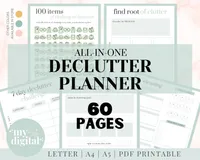7 things professional organizers always do to overcome a decluttering roadblock
Do these seven things to overcome a decluttering roadblock, professional organizers urge

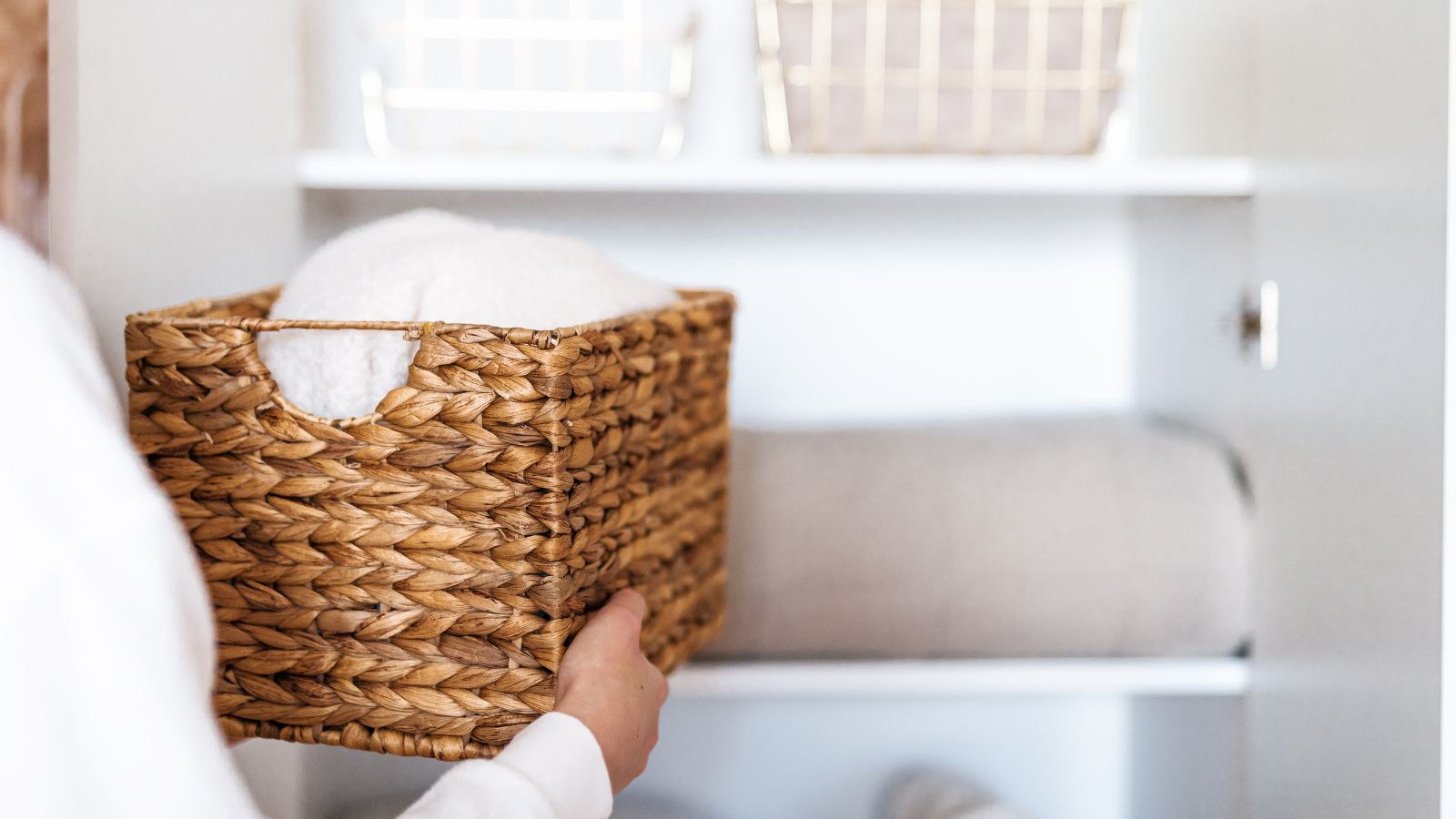
Design expertise in your inbox – from inspiring decorating ideas and beautiful celebrity homes to practical gardening advice and shopping round-ups.
You are now subscribed
Your newsletter sign-up was successful
Want to add more newsletters?

Twice a week
Homes&Gardens
The ultimate interior design resource from the world's leading experts - discover inspiring decorating ideas, color scheming know-how, garden inspiration and shopping expertise.

Once a week
In The Loop from Next In Design
Members of the Next in Design Circle will receive In the Loop, our weekly email filled with trade news, names to know and spotlight moments. Together we’re building a brighter design future.

Twice a week
Cucina
Whether you’re passionate about hosting exquisite dinners, experimenting with culinary trends, or perfecting your kitchen's design with timeless elegance and innovative functionality, this newsletter is here to inspire
No matter how energized we are at the start of a decluttering session, many of us find ourselves hitting roadblocks that leave us feeling exhausted and surrounded by chaotic piles of mess.
Although it sounds like a decluttering myth, decision fatigue is a very real and very difficult challenge many of us face when clearing out clutter. Without good coping mechanisms to push through, it can often leave our homes in a worse state than when we started – making it even more difficult to approach the task again.
Luckily, the pros have been through it all and survived to see the other side. We chatted with them to learn the seven best ways to overcome a decluttering roadblock and set yourself up for a successful decluttering session.
Overcome a decluttering roadblock
Just like when overcoming a cleaning roadblock, finding ways to overcome a decluttering roadblock can take some trial and error. But, once you find the perfect approach, you might just find yourself falling in love with organizing and committing long-term.
This is what the experts recommend.
1. Change up your scenery

Sometimes, something as simple as changing your scenery or looking at the clutter problem from another angle is enough to spark your energy and motivation to declutter.
Diane Quintana, professional organizer and Founder of DNQ Solutions suggests taking a picture of the area you are working on and leaving the space to help refresh your mind: ‘Give yourself a few minutes. Walk away from the space. Take a break, drink a glass of water, and then look at the picture.
Design expertise in your inbox – from inspiring decorating ideas and beautiful celebrity homes to practical gardening advice and shopping round-ups.
‘What do you see? You'll most likely see things you didn't expect. You may also have an 'aha' moment and see what you want to do next.’
2. Temper expectations to push past perfectionism
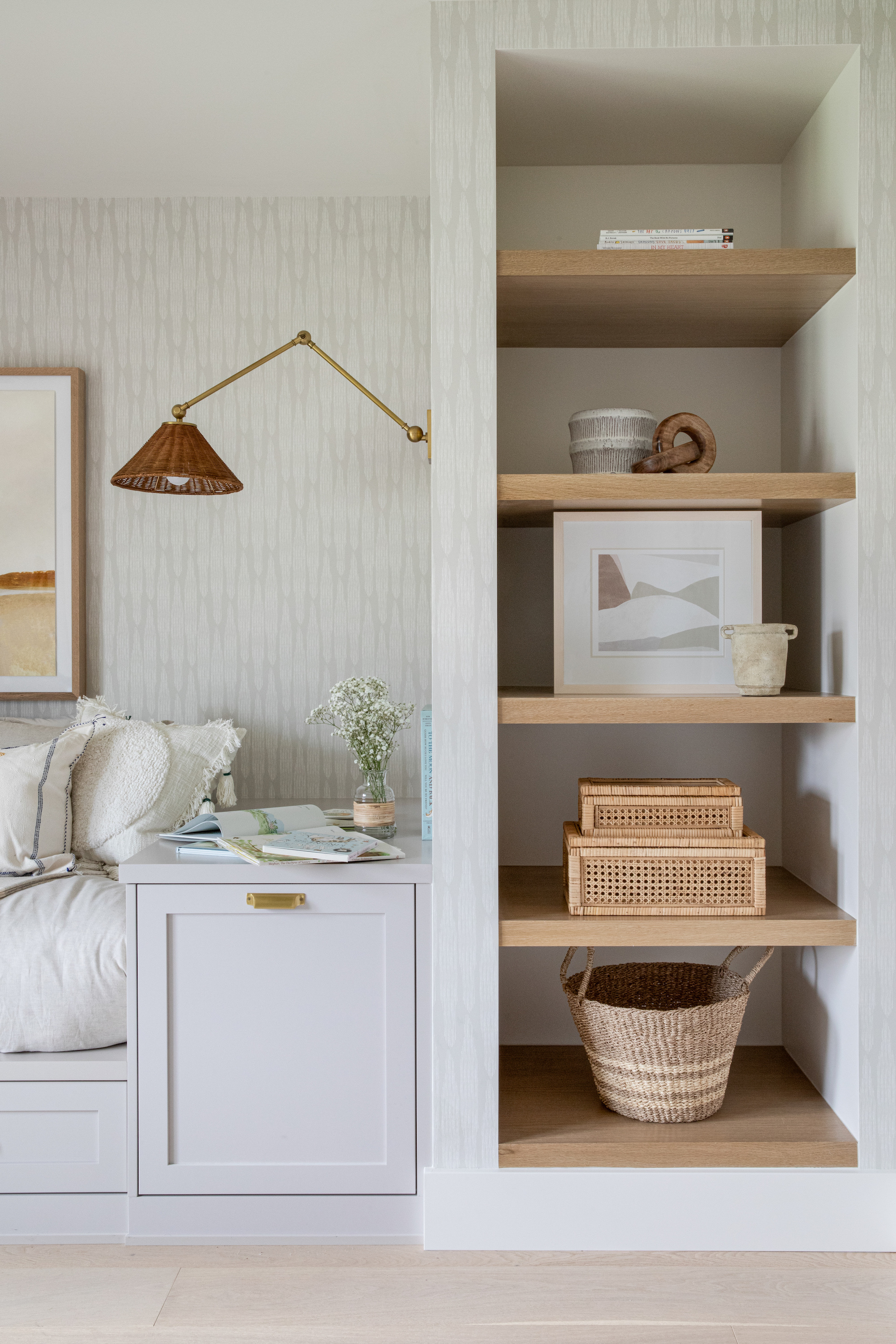
Perfection is the enemy of progress, and pushing past it is the best way to overcome a decluttering roadblock and see progress with your home organizing, Katy Wells, Founder of Clutter Cure Club and host of The Maximized Minimalist podcast, believes:
‘Perfectionism often involves a fear of making wrong decisions, leading to keeping unnecessary items (or just not taking action). Perfectionists may also wait for the 'perfect' time to start decluttering (which never comes), create overly complex organizing systems, or set too high standards for what “done” looks like, and that might not be realistic. These tendencies can all lead to mental overwhelm before they even begin. Instead, embrace the concept of 'good enough.' Aim for progress, not perfection,’ she urges.
‘Set realistic goals and remind yourself that it’s okay to make mistakes and try to avoid waiting for the perfect moment or creating complex systems; simplicity works best.’
Consider using some gentle decluttering tricks, such as L'art de Ranger, to make the process more enjoyable and less stressful.
3. Beat overwhelm by starting small

One of the most common decluttering tips for decluttering when you feel overwhelmed is to start small and work up from there, and for good reason, says Katy Wells, professional organizer:
‘Facing a large volume of clutter can be intimidating and can lead to procrastination. Studies show a direct correlation between procrastination and clutter, meaning the more you procrastinate, the more clutter you tend to have.
‘To combat this, break the decluttering process into tiny, achievable steps, like organizing just one drawer or a corner of a room,’ she suggests. ‘This makes the task less daunting and helps build momentum.
‘Remember, progress is progress, no matter how small.’
4. Reset with short breaks
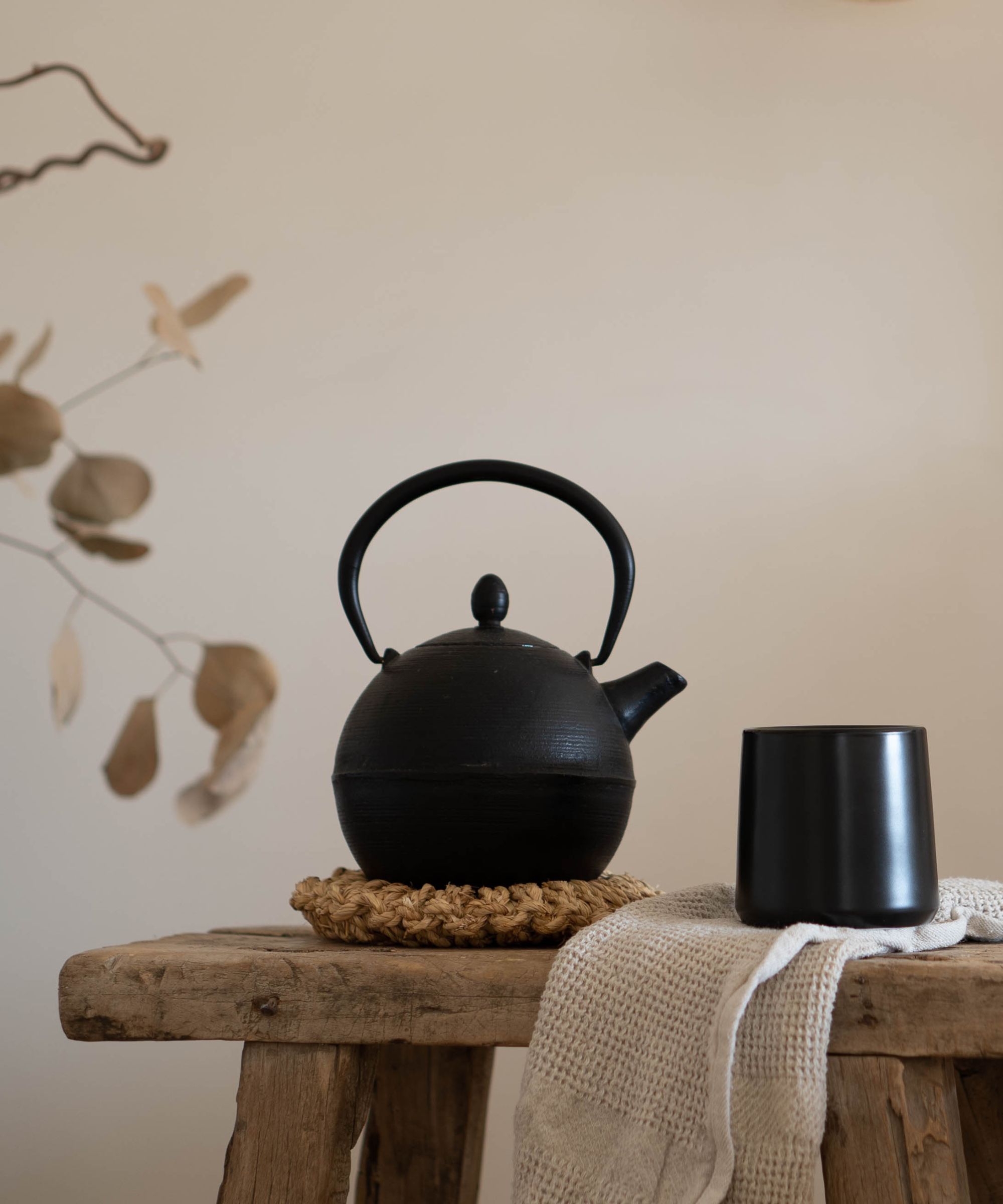
‘It's always a good idea to take a break when you hit a decluttering roadblock,’ reassures Diane Quintana, professional organizer. If possible, get outside and go for a walk or do some sort of exercise. When you get away from the problem and move your body, other ideas may occur to you, which will help you work past the roadblock.
‘When you return to the space, you can look at it with fresh eyes and often see the next place to resume decluttering.’
5. Schedule decluttering so you don’t run out of time

If the biggest decluttering roadblock you encounter is time constraints, it can be a good idea to schedule decluttering like you would a meeting or a doctor's appointment, suggests professional declutterer Katy Wells. ‘Consider it an appointment with yourself that’s non-negotiable, like any other important commitment in your life.’
She recommends scheduling short, consistent decluttering sessions to help declutter a home room by room. ‘Even five to 15 minutes a day can make a significant difference,’ Katy adds.
All-in-One Declutter Planner | View at Etsy
This printable decluttering planner is all you need to help tackle your home's mess without missing a step. It is perfect for keeping track of your belongings and starting your first big clearout.
6. Work with someone to stay accountable
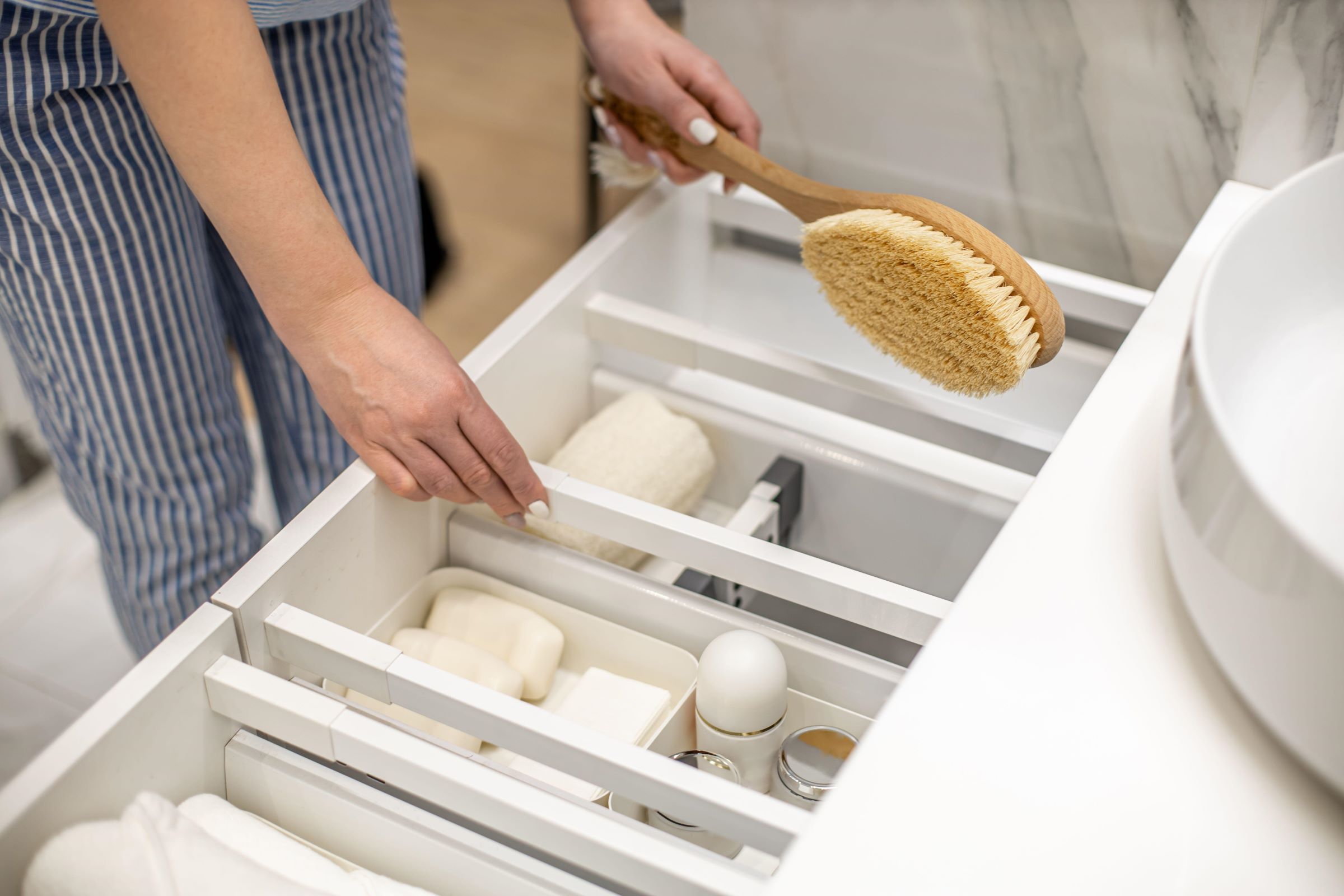
No matter if you are working with a professional home organizer or a friend, it can help to work in pairs when decluttering to hold yourself accountable so you do not procrastinate or get distracted, suggests Catherine Hamilton-Cooper, professional declutterer and organizer at Declutterbird:
‘Have you ever started decluttering only to find yourself engrossed in an item for hours? Or perhaps you have gone to put an item in a different room and never made it back to decluttering again. Getting easily distracted and not remaining on task will interrupt your decluttering progress, leave things unfinished or in more chaos than you started with, and leave you feeling utterly overwhelmed.
‘Some tips to help you remain on task are to work with a body double i.e. a person working alongside you to help keep you on task. Body doubling can be a very effective strategy; whether chatting while working, getting a gentle reminder to bring the focus back to the task at hand, or prompting questions to keep the flow of decluttering going.’
7. Create a donation plan to remove decluttering guilt

While decluttering is a positive process that can help to make your home more manageable, it can also bring up feelings of guilt when we face all the items we bought and didn't use, or wasted.
To overcome these sinking feelings, organizer Catherine Hamilton-Cooper recommends working out what to do with the items you are decluttering before you start, including finding places to donate items to limit the impact of waste:
‘While it is good to repurpose and reuse if you are keeping everything with this in mind, you will never declutter anything and be left with far too many belongings to manage and store.
‘It is important to keep things in moderation and only hold onto items you truly will use or genuinely will take the time to repurpose. Otherwise, they are clutter in your home! Be honest with yourself - are you going to complete that DIY project?
Freecycle and Olio are helpful apps where you can list items for free to your community so others can make good use of them. This can help in letting go, knowing they are not going to landfills and instead going to good use. Local art groups, playgroups, and schools are often grateful for items that can be used as arts and crafts supplies. Local animal sanctuaries are a good option to donate clean used towels and blankets too, as they use them when caring for the animals.’
With those items you are not so sure about, you can also try the expiry method to help avoid declutter regret.
FAQs
What are the signs of decision fatigue?
The most common signs of decision fatigue are being overwhelmed, feeling very tired or sluggish, feeling irritable, and procrastinating. This makes decluttering and deciding what to get rid of incredibly difficult. It can lead to making the wrong decisions or abandoning the task entirely, leaving your house messier than when you started.
Can mindfulness prevent decision fatigue?
Practicing mindful techniques can help you to overcome or prevent challenges posed by decision fatigue. Staying present in the moment, practicing gratitude, taking good breaks, and using deep breathing can take the stress out of the situation, helping you to stay active and productive for longer before you feel tired or burnt out.
When overcoming decluttering roadblocks and restoring productivity, it can sometimes help to declutter as you go, rather than setting aside strict decluttering sessions. This takes the pressure off of sitting down to work on a specific task and allows you to work at your own pace.
No matter your approach, remember to always be kind to yourself and allow yourself some grace so you do not burn out too quickly.

Chiana is Homes & Gardens’ kitchen appliances editor. With a lifelong passion for cooking and baking, she grew up experimenting in the kitchen every weekend with her baking-extraordinaire Mom, and has developed a great understanding of how tools and appliances can make or break your ideal relaxing kitchen routine.
